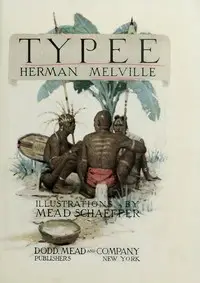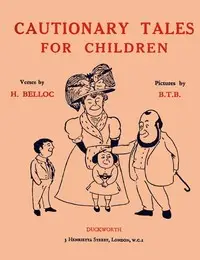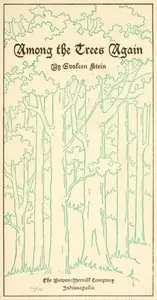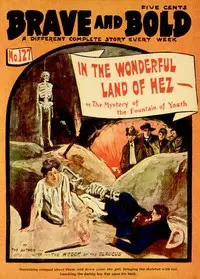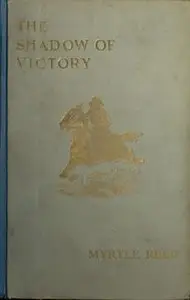"Moby Dick; Or, The Whale" by Herman Melville is a novel written in the mid-19th century. The story follows Ishmael, the narrator, who embarks on a whaling voyage aboard the Pequod, captained by the enigmatic Ahab, who is obsessed with pursuing the infamous whale, Moby Dick. The narrative explores themes of obsession, humanity's relationship with nature, and existential questions, set against the backdrop of the whaling industry. The opening of "Moby Dick" introduces us to Ishmael, who seeks solace at sea after feeling a sense of melancholy and disconnection from life on land. He describes a vibrant yet insular New York City, with its wharves and the allure of the ocean that captivates many a land-bound soul. This leads him to his decision to go whaling, driven by both an itch for adventure and intrigue about the great whale itself. As Ishmael travels to New Bedford, the excitement builds around his impending voyage, and the first few chapters set a rich scene, populated with colorful characters and an atmosphere thick with the mystique of the sea and whaling life. Ultimately, Ishmael's encounter with Queequeg, a tattooed harpooner from the South Seas, leads to a deeper exploration of friendship and cultural differences as they share a bed at the Spouter Inn, which hints at the adventures and challenges that await them at sea. (This is an automatically generated summary.)

Moby Dick; Or, The Whale
By Herman Melville
Project Gutenberg eBook #15 is believed to have the highest quality of the three editions of this eBook in the Project Gutenberg collection. #2701 and #2489 are the others. In addition, there is a computer-generated audio eBook, #9147, and a human audio performance, #28794.
Herman Melville was an American novelist, short story writer, and poet of the American Renaissance period. Among his best-known works are Moby-Dick (1851); Typee (1846), a romanticized account of his experiences in Polynesia; and Billy Budd, Sailor, a posthumously published novella. At the time of his death Melville was not well known to the public, but 1919, the centennial of his birth, was the starting point of a Melville revival. Moby-Dick eventually would be considered one of the great American novels.




